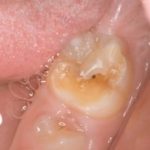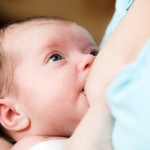
This review of the systemic exposures associated with with molar incisor hypomineralisation (MIH) included 29 observational studies. VEry low quality evidence suggests that maternal illness, psychological stress, caesarean delivery, delivery complications, respiratory diseases, fever and childhood illnesses may be associated with MIH.
[read the full story...]




